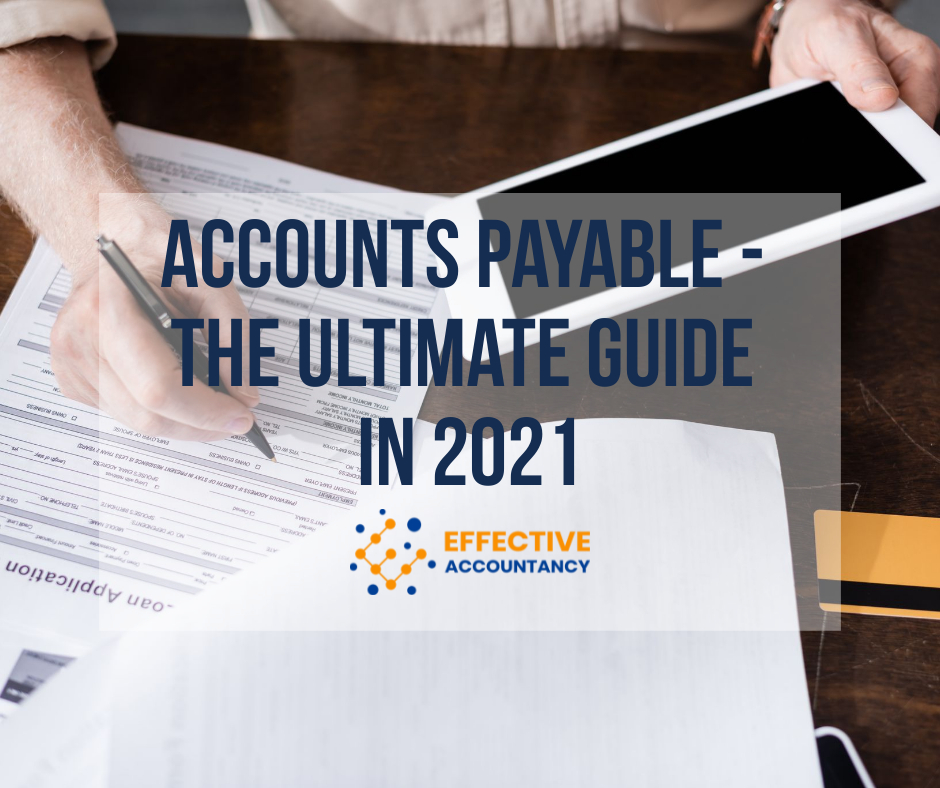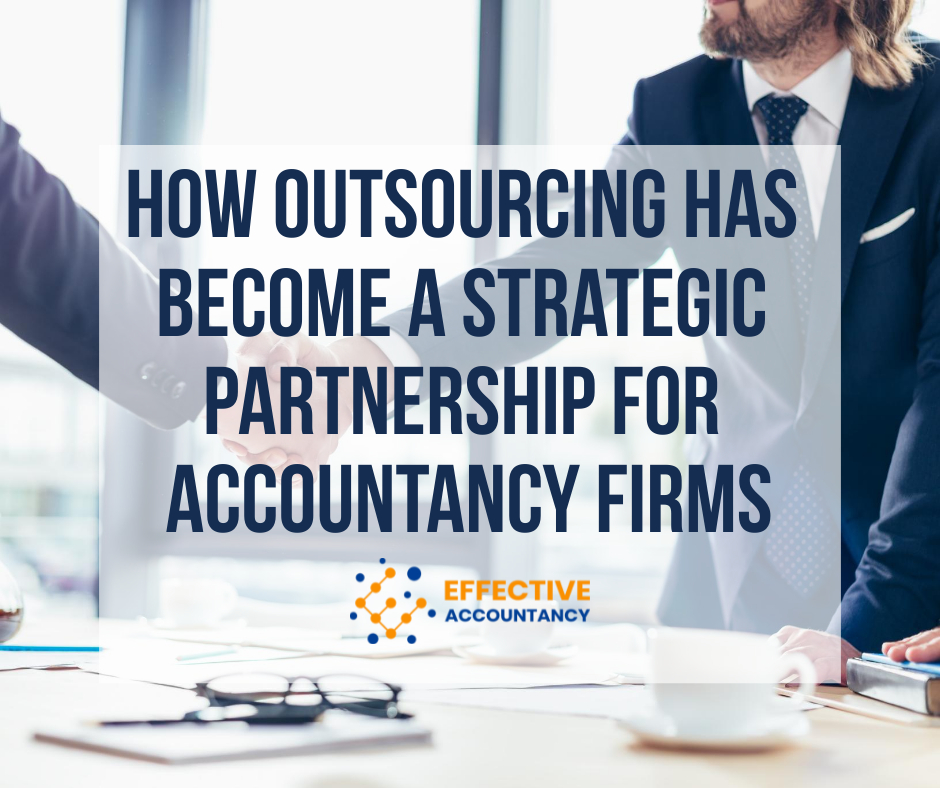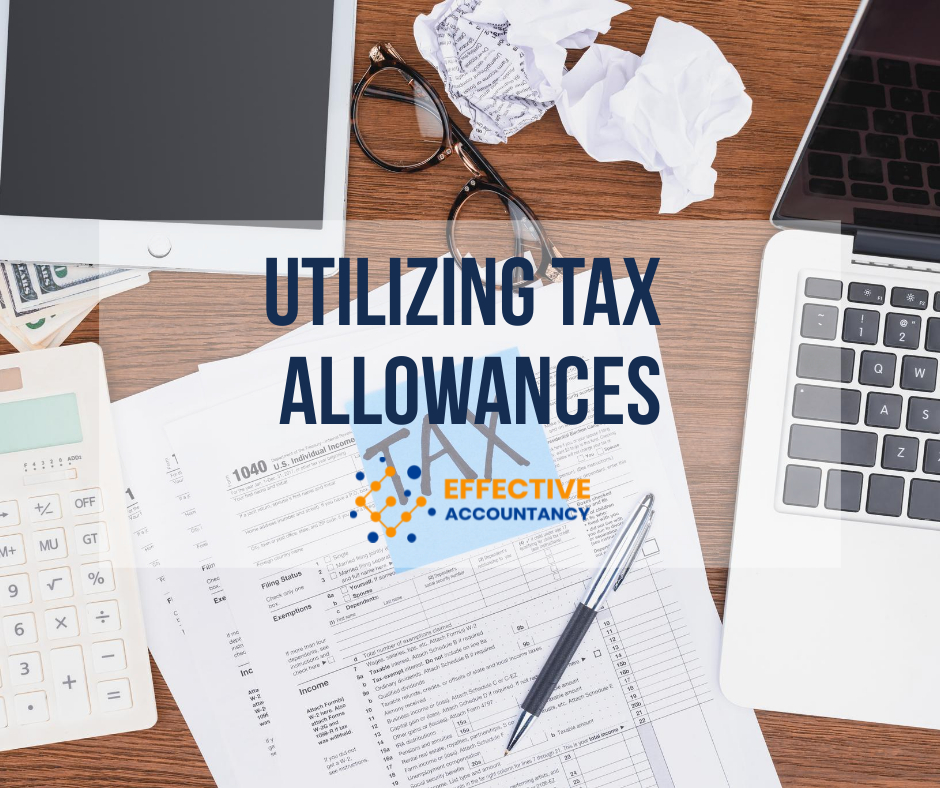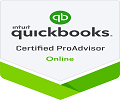Accounts Payable – The ultimate guide in 2021

Sometimes, it’s necessary to make a purchase on credit. However, it’s not always your customers who do so. Even your business may purchase goods or services on credit. In that scenario, you’ll see an accounting entry called “accounts payable” on your balance sheet.
To help you gain meaningful insight into this terminology, We’ve brought this definitive guide to take you through the following.
What is accounts payable?
Also referred to as AP, the accounts payable is the money your business owes to its third parties, such as vendors or suppliers. Generally, AP is an entire department in big companies against being handled by a single member of the accounting staff in smaller firms.
However, the accounts payable is a critical part of your accounting function as it covers almost every payment your company makes outside of payroll.
Why is accounts payable important?
Just like managing your accounts receivable is of utmost importance for your business’s cash inflow, the same goes with AP which could let your business experience several negative ramifications if not managed efficiently.
For instance, you can’t understand your business’s financial health if you lack a clear picture of how much money you owe to the third parties associated with you, such as vendors & suppliers.
Furthermore, you can’t make accurate financial projections, which in turn, can make gaining investments or bank loans more of a challenge going forward. In the worst of cases, sloppy accounts payable practices can let your business rapport down.
Besides, there are several other drawbacks of not managing your accounts payable as they should be!
How does the accounts payable process work?
Unlike the process to manage your accounts receivable, the same for accounts payable is relatively simple as discussed below.
1) You’ll receive the invoice(s) from your vendors or suppliers
2) You need to record them on your account’s payable ledger
3) When the payment is due, you must make the payment without delay
4) Upon successful transaction, the accounts payable journal entry will get removed from the account
Pro tip: The aim here is not to clear payments as soon as the invoice is raised as it can affect your business’s cash flow. Your aim should be to send payment at a time that’s optimal for your business and the third parties involved.
Accounts payable – an asset or a liability?
As accounts payable represents a debt that your business owes to the third parties rather than an amount that is owed to your business by them, accounts payable is classed as a liability to your business. This further necessitates timely management of AP.
How to manage accounts payable without disturbing your cash flow & upsetting your suppliers?
As I said earlier, you should be careful while clearing invoices raised by your vendors or suppliers. To help you with this, below are the steps you can take to stem the outward flow of cash without troubling your third parties.
Mediate longer credit terms
If your suppliers give you a week to clear the payment, for example, see if they can be flexible i.e., ask for longer credit terms. By getting more time to make payments, you can see a big difference in your cash flow.
Check if there is an option to delay the payment
Look whether there is an option of delaying payment for at least 30 days even if you would normally pay within 14.
Build up goodwill with your suppliers
Building goodwill with your suppliers can be useful especially if the business hits a rough patch. For this, you must hold regular meetings with your suppliers, discussing how they can do more for you and vice-versa.
Don’t sink into too many supplier debts
Never sink into too many supplier debts. You can’t predict when your supplier may ask you to clear the debts at once. If such a situation arises, would you be able to do so? To avoid such a situation, make it a habit of clearing invoices at regular periods instead of stacking them for later.
These steps will surely help you manage accounts payable without disturbing your cash flow & upsetting your suppliers.
Conclusion
Just like accounts receivable, your accounts payable also holds the key to the financial wellbeing of your business. Hence, you must regulate and manage your AR to avoid the various drawbacks associated with them.








